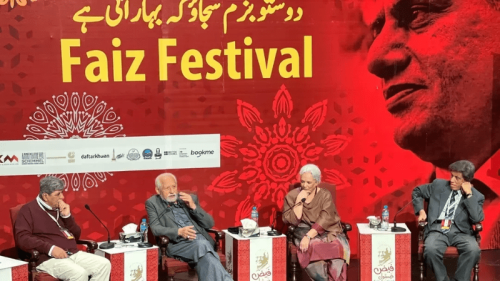THE verdict and sentence in the case of a Christian woman has lent urgency to the discussion on Pakistan’s blasphemy law. A sessions court recently sentenced to death Aasia Bibi, in her 40s and a resident of Nankana Sahib district in Punjab. Reports say the booking — made under Sections 295 B and C of the Pakistan Penal Code in June this year — followed an incident in which some Muslim women, Aasia’s co-workers on a farm, had refused to drink the water which she had fetched from a well. The Muslim women are quoted to have declared that a Christian’s touch had made the water ‘unclean’. As Aasia’s family now looks to the Lahore High Court to decide her fate, rights activists are once again calling for a review of the law that they say is open to abuse in the name of faith. The activists argue that, far from serving its stated purpose in a country with a tiny non-Muslim population, the blasphemy law is damaging the image of the dominant faith. The Pakistani state has failed to address these concerns voiced by rights activists — even though these are backed by evidence provided by some court rulings. Recently, in July, Lahore High Court Chief Justice Khawaja Sharif quashed a blasphemy case against 60-year-old Zaibunnisa and ordered her release after almost 14 years in custody. A news item reported the judge as saying ‘the treatment meted out to the woman was an insult to humanity and the government, and that civil organisations should be vigilant enough to help such people’. This is an apt message that should be heeded by all. The state and other actors must move towards striking off the oft-misused blasphemy laws from the statute books and actively contribute to the ideals of tolerance. In fact, one need not go any farther than Nankana Sahib to know that this is possible. This is where the Sikh religion was born in the midst of land owned by Muslims and where thousands of Sikhs still perform their rituals each year without the huge majority in any way feeling threatened by them.















































Dear visitor, the comments section is undergoing an overhaul and will return soon.